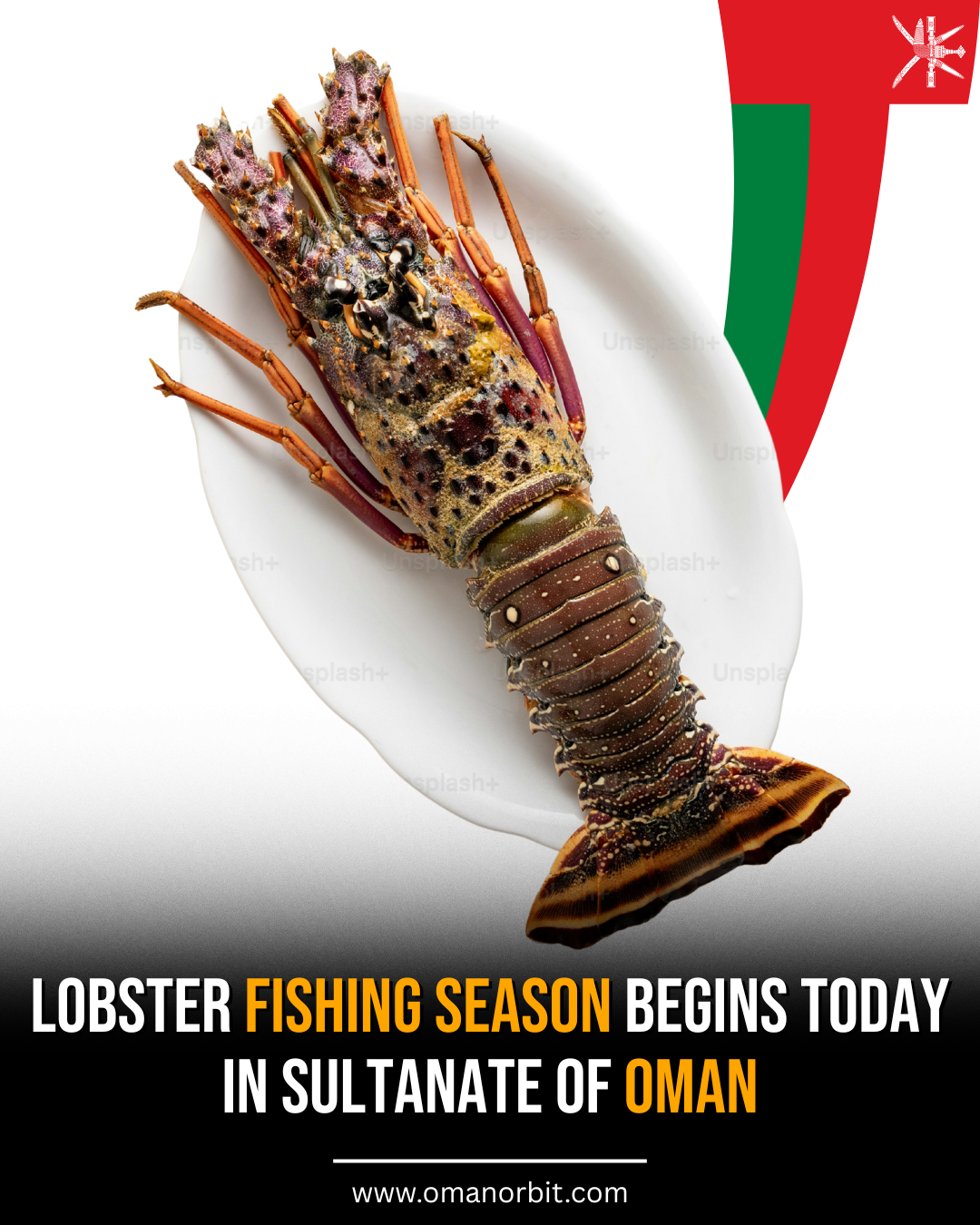MUSCAT: Oman has exceeded its national food security targets, with total food consumption reaching an impressive RO 3 billion, according to recent government data. The milestone underscores the Sultanate’s strategic efforts in enhancing local food production, diversifying import sources, and improving storage infrastructure across the country. This achievement aligns with the country’s long-term Vision 2040 plan, which aims to strengthen national resilience and reduce reliance on global supply chains.
The Ministry of Agriculture, Fisheries and Water Resources attributed this success to significant investment in local agricultural projects, poultry and dairy farms, and advanced fisheries systems. These initiatives, many of which are public-private partnerships, have led to a boost in local food output while maintaining quality and safety standards. Additionally, regulatory improvements have encouraged small and medium-sized enterprises (SMEs) to play a more active role in the agri-food sector.
The Sultanate’s collaboration with international organizations and the private sector has been instrumental in achieving food sustainability. Projects like greenhouses, aquaponics, and smart irrigation systems have reduced water usage while increasing productivity. The introduction of modern logistics facilities and cold chain networks has also ensured that food items reach consumers without compromising nutritional value or freshness.
Officials emphasized that while the RO 3 billion consumption figure highlights rising domestic demand, it also reflects growing public confidence in locally sourced products. Public campaigns promoting food awareness, health, and nutritional value have driven consumers toward healthier choices, while also supporting national producers. The government continues to monitor trends to ensure long-term food availability, affordability, and self-sufficiency.



